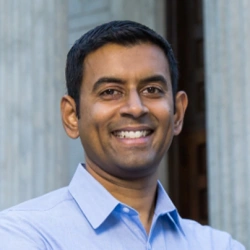
Arvind Narayanan
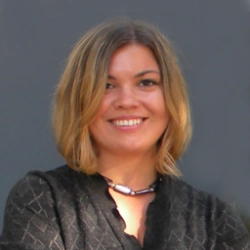
Janet Vertesi

Prateek Mittal
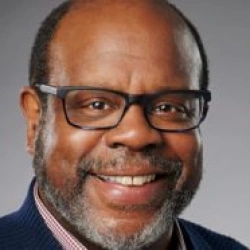
Kevin Deas
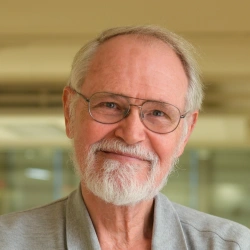





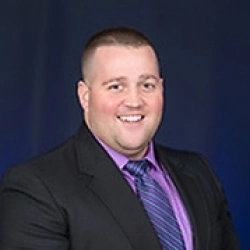

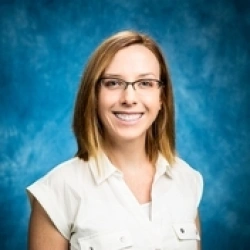
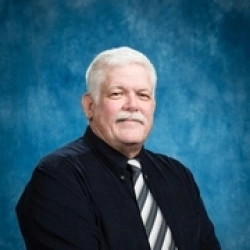
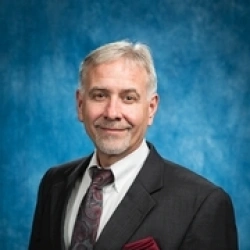
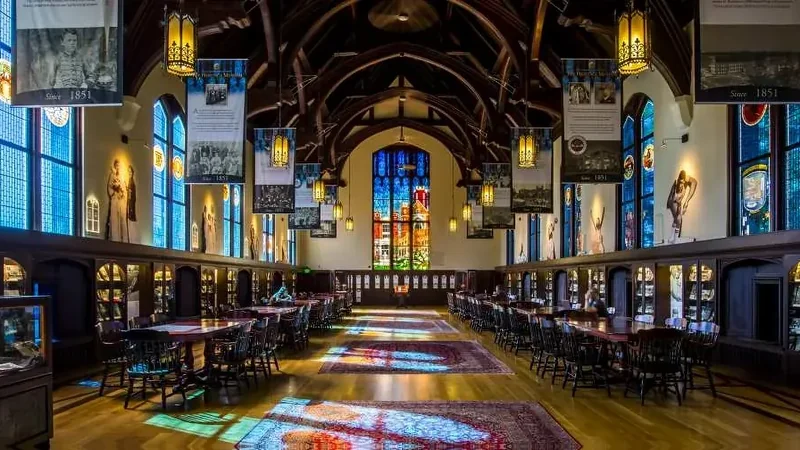
FSU comprises 16 separate colleges and more than 110 centers, facilities, labs, and institutes that offer more than 360 programs of study, including professional school programs. In 2021, the university enrolled 45,493 students from all 50 states and 130 countries. Florida State is home to Florida's only national laboratory, the National High Magnetic Field Laboratory, and is the birthplace of the commercially viable anti-cancer drug Taxol. Florida State University also operates the John & Mable Ringling Museum of Art, the State Art Museum of Florida and one of the nation's largest museum/university complexes. The university is accredited by the Southern Association of Colleges and Schools (SACS).
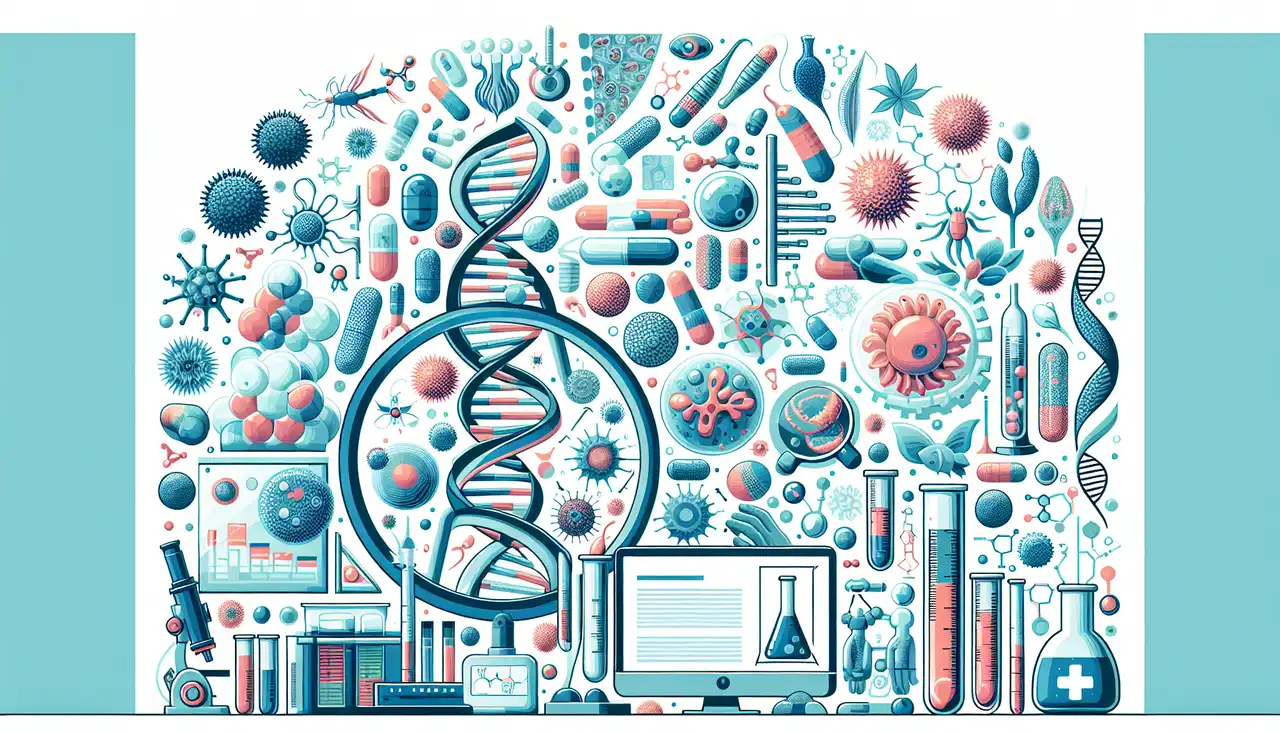
The Department of Biological Science at Florida State University in Tallahassee, FL, provides a dynamic environment for exploring the complexities of life. Offering a range of undergraduate and graduate programs, the department is dedicated to equipping students with a deep understanding of biological sciences. Faculty members are accomplished educators and researchers, creating ample opportunities for students to participate in cutting-edge scientific investigations. Supported by modern facilities and research collections, students gain valuable practical experience, preparing them for diverse career paths in biology and related fields within a collaborative and engaging academic setting.
View Biological Science